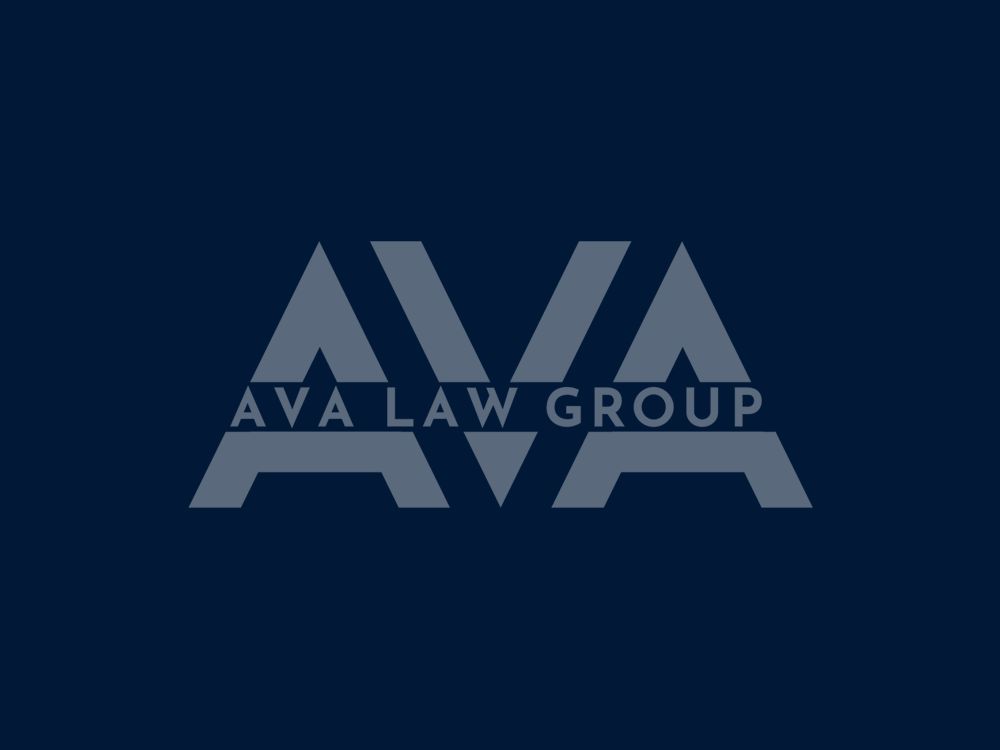What is Child Sex Abuse?
October 17, 2019
WHAT IS CHILD ABUSE AND CHILD SEXUAL ABUSE?
Some use the terms “child abuse” and “child sexual abuse” interchangeably. However, child sexual abuse is actually one of four categories of child abuse: sexual abuse, physical abuse, emotional abuse, and neglect. Some states also include abandonment, substance abuse by parents, and human trafficking as categories of child abuse in their legislation.
What is Child Abuse?
Child abuse is defined differently by each source, but at No More Abuse USA, we define it by what is stated in Federal law. The Federal Child Abuse Prevention and Treatment Act (CAPTA) defines child abuse at the minimum as “any recent act or failure to act on the part of a parent or caretaker which results in death, serious physical or emotional harm, sexual abuse or exploitation (including sexual abuse as determined under section 111), or an act or failure to act which presents an imminent risk of serious harm” (42 U.S.C. 5101 note, § 3).
In terms of age, child abuse applies to minors or those 18 years of age or younger. The majority of Federal and State child protection laws refer to cases of child abuse as caused by parents or other caregivers, not including other people like acquaintances or strangers. However, acquaintances and strangers can still be held accountable for committing acts of sexual abuse and found guilty in the court of law for their actions.
According to Rape, Abuse & Incest National Network (RAINN), the nation’s largest anti-sexual violence organization, the crime of child abuse is “When a perpetrator intentionally harms a minor physically, psychologically, sexually, or by acts of neglect…” This definition widens the scope of perpetrators of child abuse to not just parents and caregivers but whoever commits an act of child abuse.
CAPTA breaks down child abuse into four primary categories:
- Sexual Abuse
- Physical Abuse
- Emotional Abuse
- Neglect
Some states include a child witnessing domestic violence as a form of abuse or neglect along with parental substance abuse, abandonment, and human trafficking. Within CAPTA’S minimum standards, each state provides its own definitions of child abuse, so checking your state’s child abuse laws is important when considering legal action for child abuse.
What is Child Sexual Abuse?
Sexual abuse is defined by CAPTA defines child sexual abuse as “the employment, use, persuasion, inducement, enticement, or coercion of any child to engage in, or assist any other person to engage in, any sexually explicit conduct or simulation of such conduct for the purpose of producing a visual depiction of such conduct; or the rape, and in cases of caretaker or interfamilial relationships, statutory rape, molestation, prostitution, or other form of sexual exploitation of children, or incest with children” (42 U.S.C. § 5106g(a)(4)).
Essentially, child sexual abuse is any sexual activity with a minor. Minors cannot consent to any form of sexual activity, as defined by Federal law.
CAPTA also states that “a child shall be considered a victim of ‘child abuse and neglect’ and of ‘sexual abuse’ if the child is identified, by a State or local agency employee of the State or locality involved, as being a victim of sex trafficking1 (as defined in paragraph (10) of section 7102 of title 22) or a victim of severe forms of trafficking in persons described in paragraph (9)(A) of that section” (42 U.S.C. § 5106g(b)(2)).
RAINN identifies actions of child sexual abuse as but not limited to the following actions:
- Exhibitionism, or exposing oneself to a minor
- Fondling
- Intercourse
- Masturbation in the presence of a minor or forcing the minor to masturbate
- Obscene phone calls, text messages, or digital interaction
- Producing, owning, or sharing pornographic images or movies of children
- Sex of any kind with a minor, including vaginal, oral, or anal
- Sex trafficking
- Any other sexual conduct that is harmful to a child’s mental, emotional, or physical welfare.
Were You or a Loved One Sexually Abused as a Child?
If you or someone you know was a victim of child sexual abuse, there are laws in place that may entitle you to pursue action against your abusers. We understand that confronting your abuse is incredibly difficult, let alone deciding to seek legal action for your abuse. You are not alone during this time, and we’re here to take the stress off your plate so you can focus on healing.
The advocates at AVA Law Group are here to make filing a claim for your abuse as smooth as possible, and we fight aggressively to hold the perpetrators of your abuse accountable for their crimes in civil court. For your free, no-obligation case consultation, reach out to us today at 1-800-777-4141. We have live professionals standing by 24/7 to answer your case questions and concerns.


